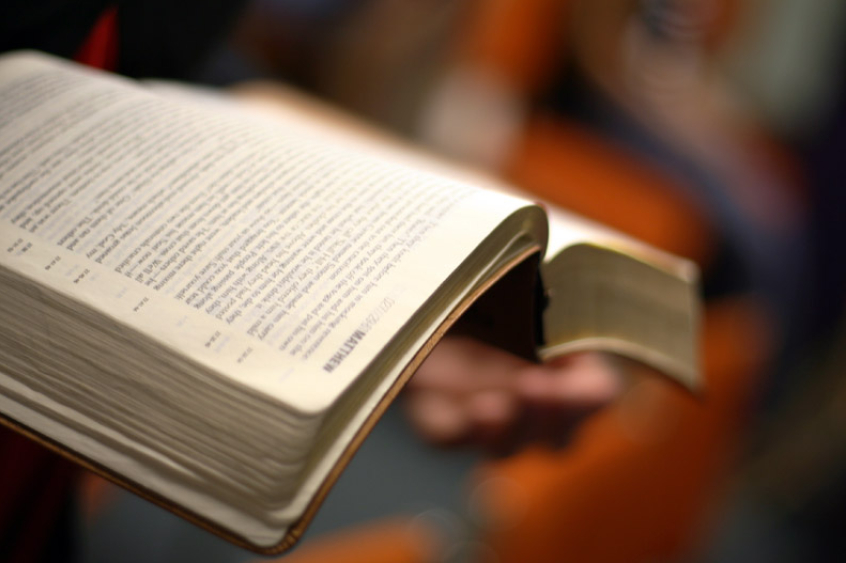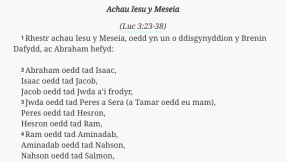What happens when Christians fall out about the different things we believe – or the things we believe differently? There are not only different denominations and church streams, but different 'tribes' with them. So it's all very well to talk about 'evangelicals', but within evangelicalism there are bitter arguments about doctrine and practice – and we don't always handle them well.

It might sound like heresy to Protestants, but the Reformation we're celebrating at the end of this month really was a mixed blessing. It gave us back the Bible – a priceless gift – and recovered the idea of justification by faith alone. That one idea, that the only thing we have to do in order to enter into a new, free and joyful relationship with God is to lay hold of what Christ has already done, is like Jesus' pearl of great price or the treasure hidden in the field: it's worth cashing in everything you've got to buy it.
But there's a price. One of the assets the Reformers traded in was the idea of the church's 'magisterial' role – that when the church spoke, it was authoritative. No, the Reformers said, or rather, up to a point: it was the Bible that was infallible, not the church.
But who was to interpret the Bible? The criticism levelled against Protestants by Catholics and Orthodox is that we have carte blanche to believe what we like – and it's a heavy charge. Look at the multiplicity of Protestant denominations, ranging from the half-way house of the Church of England to the back-street Brethren chapel. Look at the ghastly heresies that have emerged from Protestantism – everything from Mormons to Moonies. Or the perversions of the gospel like prosperity preaching – superficially orthodox, but a scandal to the faith. And whatever your take on this, reinterpretations of traditional Christian teachings on sexuality and the reliability of the Bible have been driven by Protestantism, not by Catholicism or Orthodoxy.
I don't believe the answer to the problems of Protestantism lie in submitting to an infallible Pope, or an infallible Council. I believe – along with the mainstream tradition – in the 'perspicacity' of Scripture – that it's basically clear about the essentials of faith, and that especially with the guidance of the Church's testimony throughout the ages, we won't go wrong about the basics if we read it with open hearts and minds.
That leaves plenty of space for disagreement. But the point is that it should be charitable, sympathetic, kind and gracious disagreement. One of the depressing things about modern evangelicalism is the way its different tribes are so often at war, eager to denounce each other for taking a different view of what are often, after all, contested areas. Try writing about the first chapters of Genesis in a way that makes it clear you don't believe in young earth creationism, and it won't be long before someone calls you a heretic. Admit you think women ought to be pastors and teachers, and for a goodly segment of US evangelicals in particular, you aren't really an evangelical at all. If Jesus is not Lord of all, the saying goes, he is not Lord at all – and pretty soon we find that being 'Lord of all' means believing exactly what our critics think.
Oliver Cromwell, the great English Parliamentarian, once wrote in utter frustration to the Church of Scotland's General Assembly – using the old translation of 'affection' in Philippians 1:8 – 'I beseech you, in the bowels of Christ, think it possible you may be mistaken.' But that's what so many of us never do: our own opinions, often based on very little research or on sheer prejudice, overwhelm any sense of Christian fellowship.
Believing in the Reformation 'sola Scriptura' – the Bible alone – is very liberating. But it's a responsibility, too. It commits us to accepting the authority of the Bible in everything it teaches plainly. But where there's doubt, it also commits us to being open to explore, to re-assess, to study and engage more and more deeply – and to respect those who've come to different conclusions than we have ourselves.
Follow Mark Woods on Twitter: @RevMarkWoods













